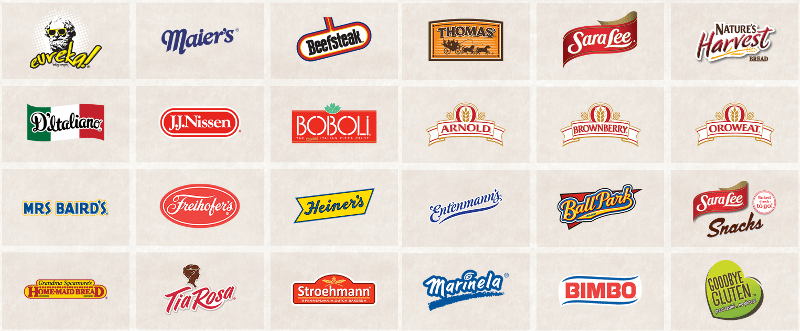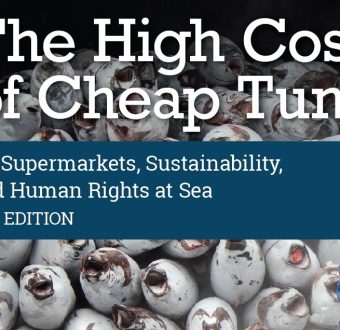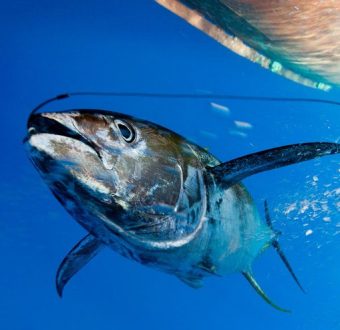
Pesticides are gross.
They end up in our bodies from the food we eat, increase the risk of cancer and other health problems, are particularly dangerous to farmworkers, and kill bees.
That’s why more than 85,000 people have already asked Bimbo, the world’s largest breadmaker, to commit to eliminating the worst pesticides used to grow its ingredients.
You might not know Bimbo, but you know its brands: Arnold’s, Ball Park buns, Sara Lee, Thomas’ english muffins — just to name a few. Bimbo Bakeries USA owns 6 of the top 12 bread brands in the United States.

Brands owned by Bimbo Bakeries USA, a subsidiary of Grupo Bimbo. Screenshots via bimbobakeriesusa.com.
Bimbo is also ubiquitous in Mexico where it is headquartered. It’s found in 99% of homes there.
Bimbo is so big that if it committed to eliminating ingredients grown with the most dangerous pesticides, to reduce pesticide reliance in general, and to support more ecological farming, it could help change the entire industry.
Already, Bimbo’s Executive Director, Daniel Servitje, talks a big game about climate change. But he’s not addressing one of the biggest problems facing the planet — the broken food system.
Pesticide use is on the rise around the world. One billion pounds of pesticides are used every year in the United States.
In the Mexican state of Sinaloa — where Bimbo buys some ingredients for products sold in Mexico — the overuse of chemicals on crops is routine. Some of the pesticides are illegal in the United States because of their toxicity. Workers are exposed to these toxic chemicals all day and runoff goes into the ecologically precious Gulf of California. Fertilizers are creating toxic algae blooms in the waterways.
But there is another way.
A growing revolution of farmers, scientists and food lovers are posed to transform food.

Whether you are a foodie or a community gardener you know our movement is blossoming like never before.
We are demanding to know where our food comes from, reducing food waste, switching to plant-based diets, and supporting ecological farming — a game changer that relies on healthy soil and biodiversity to grow resilient crops and attract natural predators to pests.
Bimbo needs to do its part, cut pesticides and support to ecological farms. Not only will this go a long way in reducing pesticide use in general, it will also give an enormous boost to all of us working for healthy food and a healthy planet.


